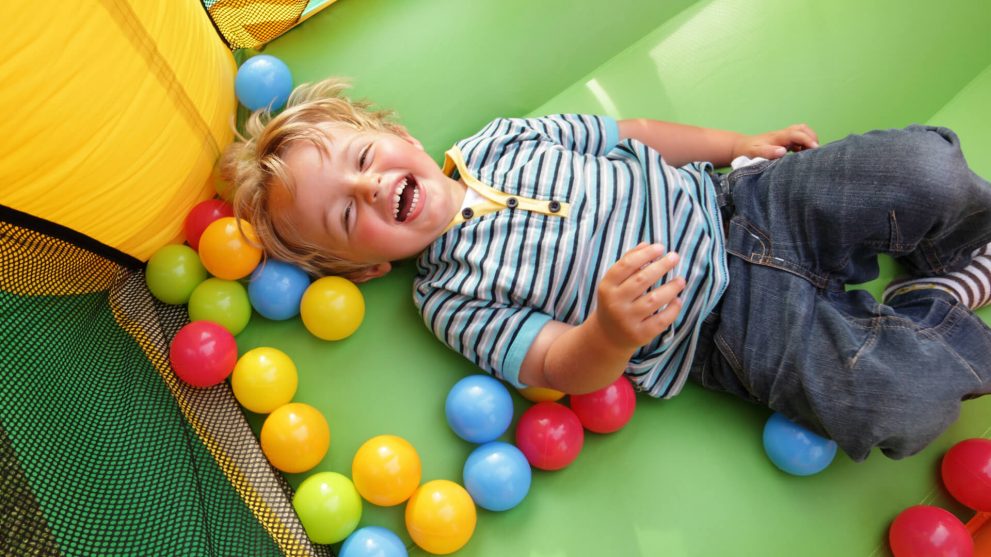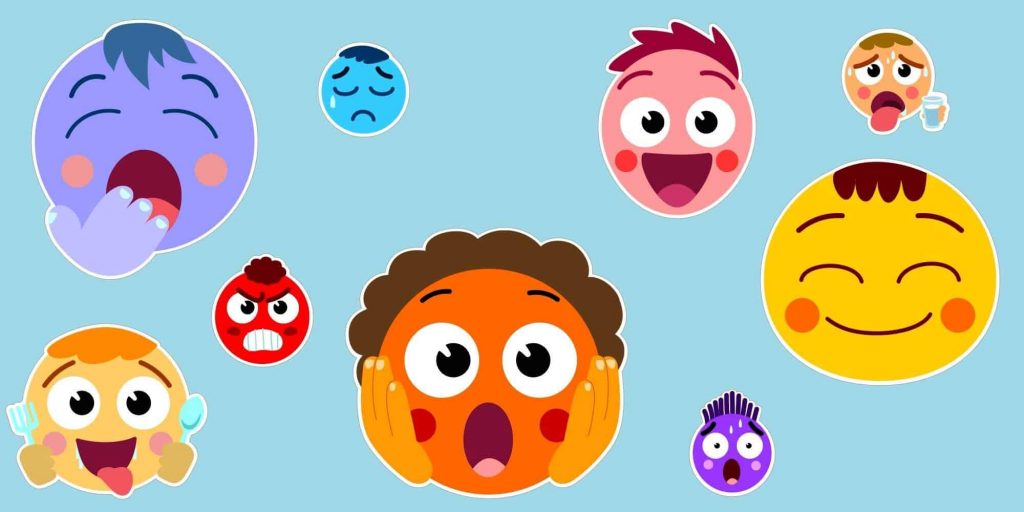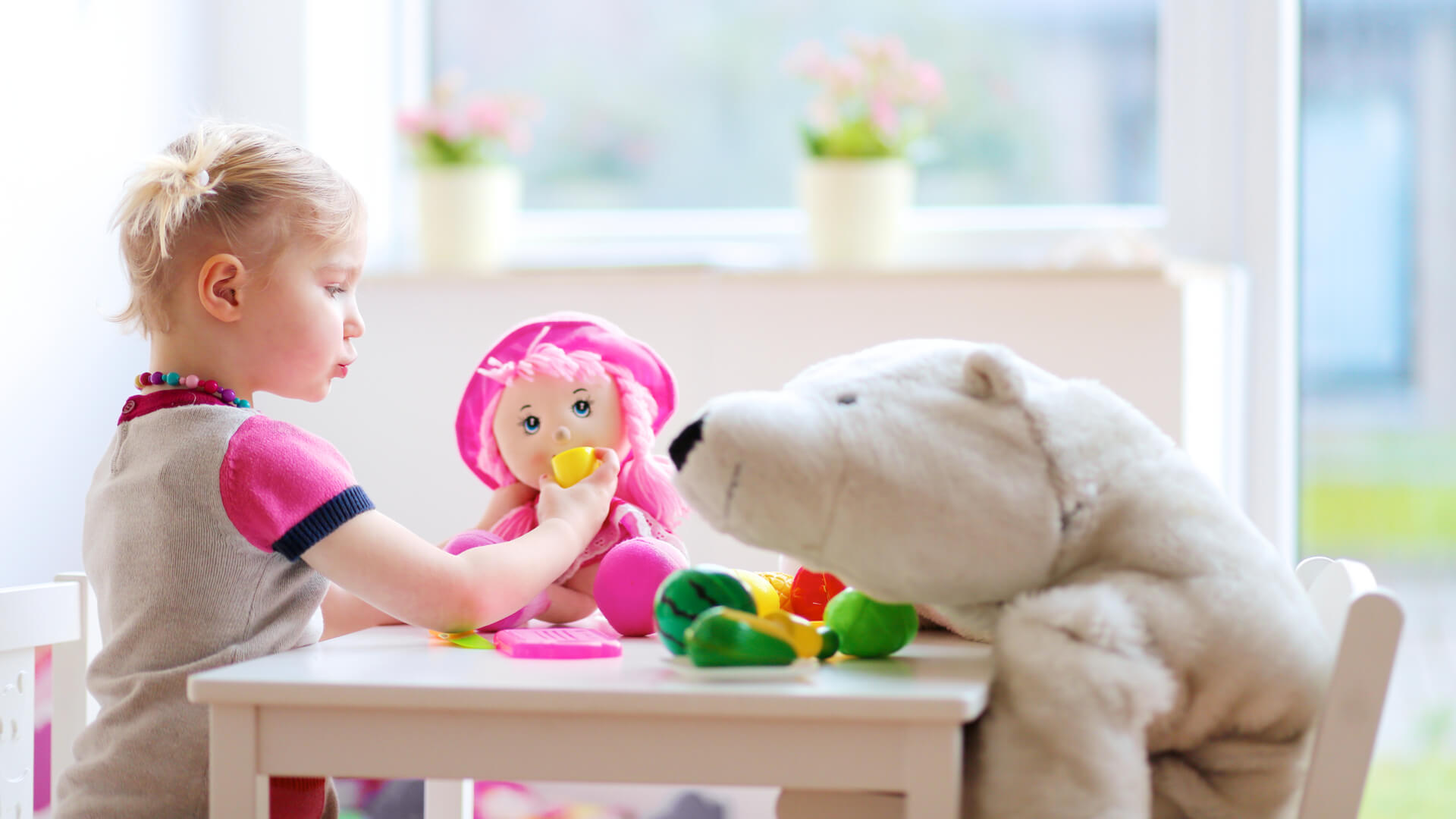Signs of Autism Spectrum Disorder
Jan 23, 2022 One of the most common questions I receive from parents at my private practice is, “do you think he/she has Autism Spectrum Disorder?”
In This Article
Parents, caregivers, and teachers need to know the signs of autism in children who have been diagnosed as being on the spectrum. As with any disorder, knowing symptoms can help the people in the child’s life begin to help him/her the best way possible. In this blog, I discuss the common signs or symptoms of Autism.
Boost Your Child’s Speech Development!
Improve language & communication skills with fun learning!

What is Autism?
According to the American Speech-Language-Hearing Association (ASHA), Autism Spectrum Disorder (ASD) is a neurodevelopmental disorder characterized by deficits in social communication and social interaction and the presence of restricted, repetitive behaviors.
Social communication deficits include impairments in aspects of joint attention (looking and focusing on multiple things or activities) and social reciprocity (give and take in conversations). People “on the spectrum” also find challenges in using verbal and nonverbal communicative behaviors for social interaction.
At its core, communication is a social process; therefore, the social communication issues experienced by individuals with ASD also impact their communication partners.
ASHA, 2012
Family members, friends, teachers, speech pathologists, and other service providers who interact with someone with ASD face the challenge of learning to respond to subtle attempts for communication, interpreting the functions of problem behavior, and modifying the environment to foster active, social engagement (ASHA, 2012). Peers oftentimes feel challenged when communicating with someone diagnosed with ASD. This can lead to even more issues with social interactions and a negative learning experience.
The Signs of ASD
Individuals diagnosed with ASD may have difficulties with four main areas and sub-areas that we briefly target in this blog. It is important to remember that not every individual will have difficulties in all areas – they may only have issues in one. Everyone is different!
If you’d like more detailed information on how Speech Blubs 2 can help your child overcome speech difficulties, give it a test drive in their 7-day FREE trial.
1. Social Communication

A person with social communication skills is able to engage and fully participate in all facets of a conversation.
Joint Attention
- Difficulty adjusting to new environments,
- Cannot take other perspectives,
- Focused on one thing at a time,
- Cannot monitor their own emotional state.
Social Reciprocity
- Difficulty getting another persons’ attention,
- Cannot engage in turn-taking during conversational tasks,
- Does not respond appropriately when asked questions.
Social Cognition
Social cognition refers to the mental processes involved in perceiving, attending to, remembering, thinking about, and making sense of the people in our social world (Moskowitz, 2005).
- Managing emotions are challenging.
- Difficulty relating to same-aged-peers.
2. Language and Related Cognitive Skills

The signs of autism in this area are the most significant indicators that a child should see a professional for an evaluation. As such, I explore this area in depth.
Impaired acquisition of words, word combinations, and sentence structure
- Your child might forget words that he previously acquired (starts at age 3).
- First words are nouns – usually objects they see in their normal environments. Proper nouns (names) and actions (verbs) are more likely to be delayed.
Use and understanding of verbal and nonverbal communication
- Gestures, body language, and facial expressions are delayed throughout the first year of life and continue to be an area of weakness or atypical throughout development.
- Immediate echolalia is observed – when a child just repeats whatever you say, immediately after you say it. They can also have delayed echolalia, where they repeat information hours, days, or weeks after they hear it.
- Children will not make eye contact or will only do so for a brief period of time.
Conversational deficits
- Speech sounds may be robotic and won’t flow together when the child starts to communicate.
- Not understanding the social norms of communication, such as proximity to another speaker, vocal volume, and timing (e.g. may talk over another person).
- Problems understanding figurative language (e.g. idioms) and humor.
Executive Functioning and Play
- Children may lack or have limited flexibility – need everything to be structured and predictable,
- Lack of inhibition (e.g. runs away from caregivers towards the street),
- Poor planning and organization,
- Poor problem-solving,
- Does not use objects appropriately during play,
- Repetitive, inflexible play (e.g. the child will play the same game or with the same object day after day).
Download Speech Blubs to practice speech and language with your child! Learn more about how kids with autism spectrum disorder use the Speech Blubs app.
3. Behavior and Emotional Regulation

Problems with behavior and emotional regulation include (ASHA, 2012):
- Issues dealing with changes in routine and/or changing from one activity to the next.
- Problems generalizing learned skills – can’t take what they learn in school and do the same thing at home.
- Using objects in unusual ways and uncommon attachments to objects.
- Crying, becoming angry, or laughing for no known reason or at inappropriate times.
- Using early-developing for self-regulation (e.g. chewing on clothing, rocking, hand flapping, vocal play).
- Using unconventional behavioral strategies and emotional expressions (e.g. aggression, tantrums, bolting from situations).
- Restricted, repetitive patterns of behavior, interests, or activities (e.g. immediate echolalia).
- Problems with self-management.
4. Sensory and Feeding

Deficits in sensory and feeding may lead to the following behaviors:
- Over-responsiveness, under-responsiveness, or mixed responsiveness patterns to environmental sounds, light, visual clutter, and social stimuli (e.g., social touch, the proximity of others, voices).
- Preference to play or be by oneself.
- Either loving or rejecting food due to its consistency.
- Eating a small variety of food.
REMEMBER. Not every individual will display all of these characteristics. They may have a little from the sensory and feeding category, a bunch from cognition and none from the other categories.
PLEASE NOTE. Even if your child is diagnosed with ASD, they can grow up to have the same things as every other child – be successful, have a job, and have a family.
It is important to recognize the signs of autism in babies to get your child properly diagnosed by a medical professional as early as possible!